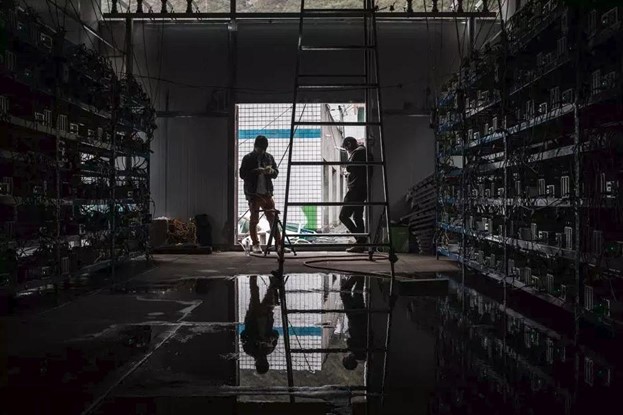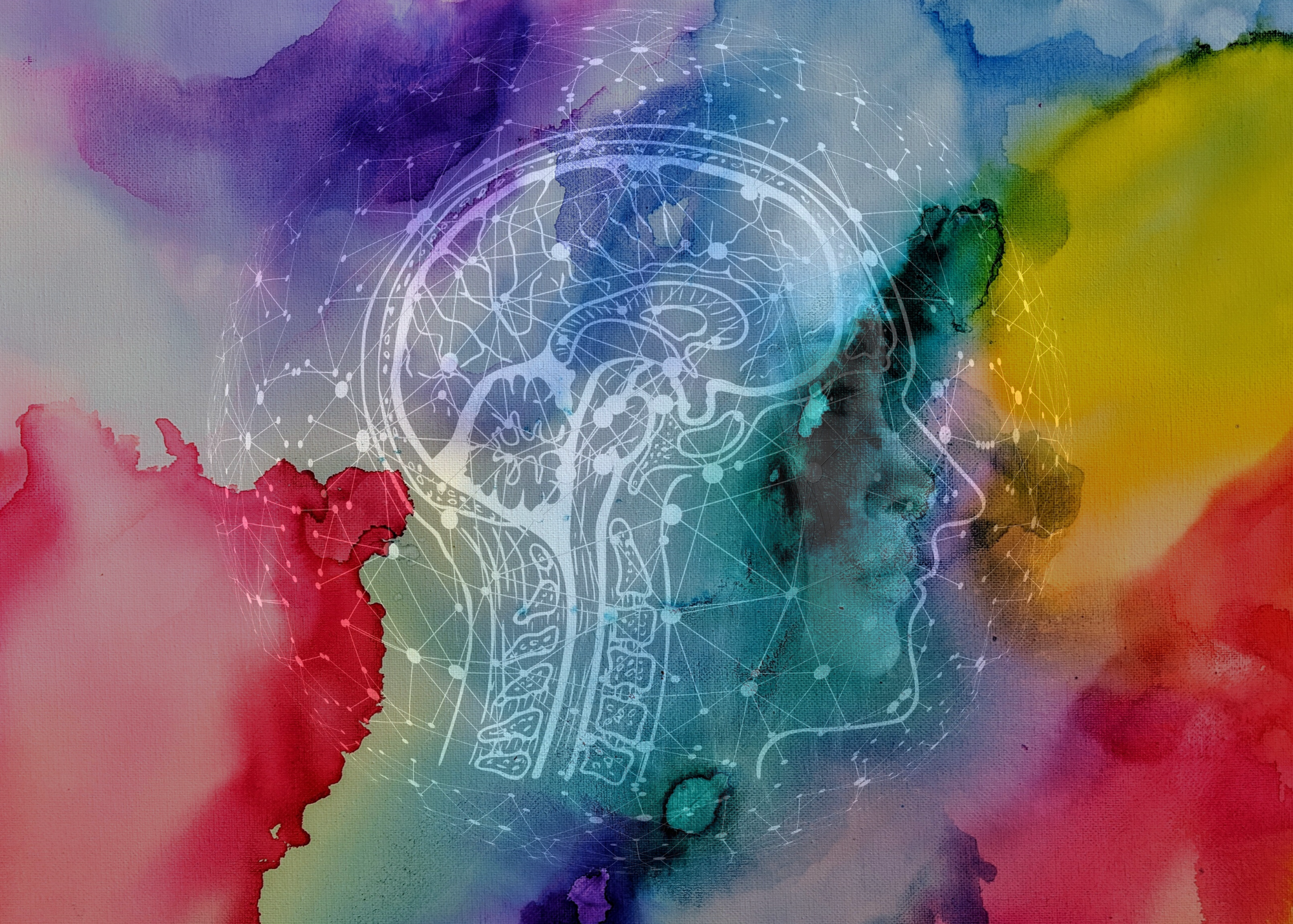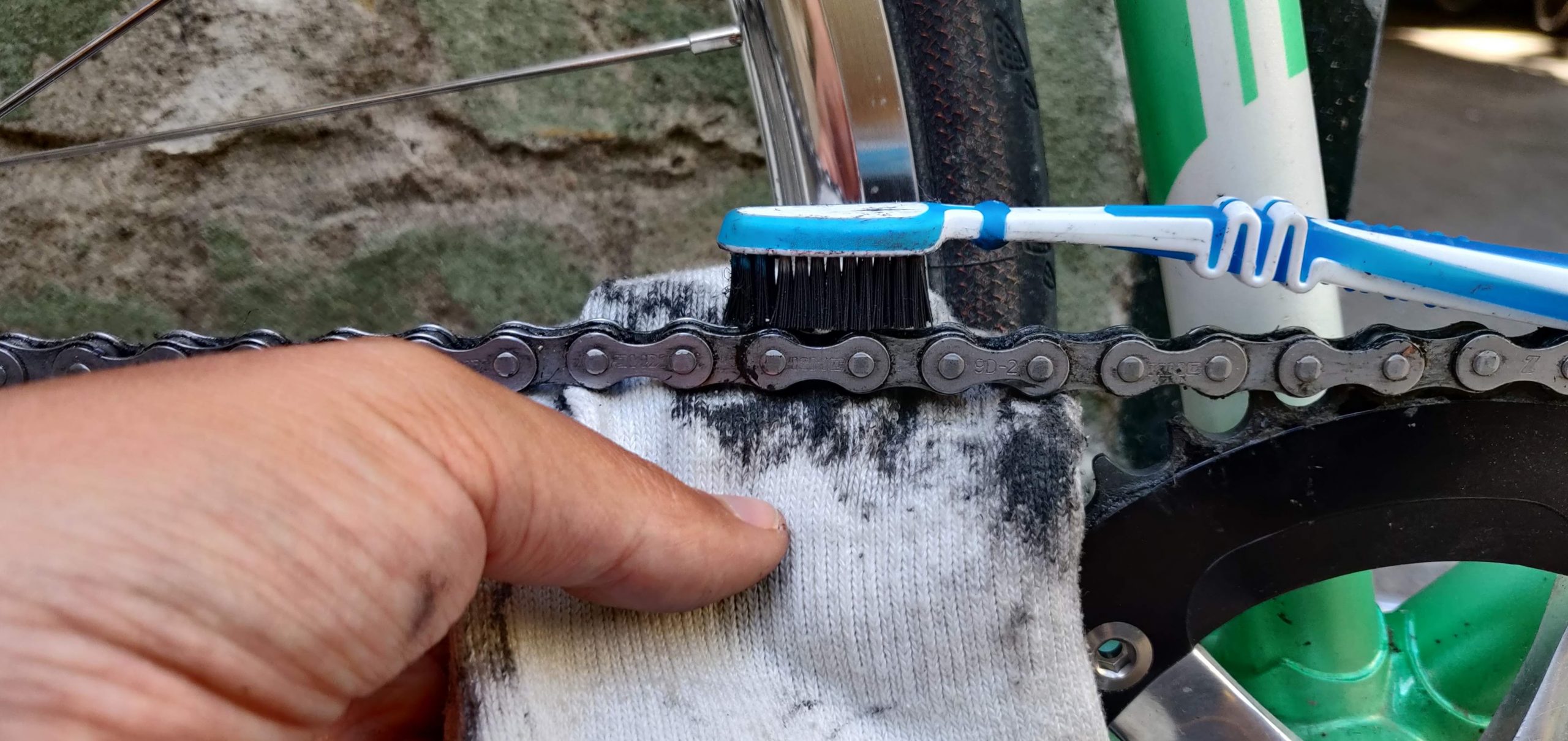Technologies in Practice is one of Scandinavia’s leading research groups at the intersection of IT and society. Based at the IT University of Copenhagen, we conduct qualitative studies of technologically mediated practices in organisations and everyday life.
The vast majority of societal challenges demand critical engagement with contemporary technologies.
Our interdisciplinary environment provides students and researchers with the resources necessary for analysing entanglements of the social and technical with and through IT.
News
Joint launch of the REAL Lab and the ETHOS Lab on 17th of April
Two new Labs are launching at the ITU this week; REAL Lab and ETHOS Lab. REAL is the new Robotics, Evolution and Art Lab, which has a vision of doing research on the border between fiction and fact, and the ETHOS lab combines digital, anthropological and design methods to approach research, teaching and organisational services. […]
Paul Dourish will be visiting IT University of Copenhagen, Oct-Nov 2015
Paul Dourish is a Professor at the Informatics Department at University of California, Irvine, and will be Velux Visiting Professor at the IT University of Copenhagen, Technologies in Practice research group in Oct-Nov 2015. Dourish’ research lies broadly at the intersection of computer science and social science. He work in the areas of human-computer interaction […]
TiP on Twitter
Tweets by @TiP_ituResearch
We are an interdisciplinary group, with a shared interest in qualitative studies of technologically mediated practices. Our work is funded by the Danish Research Council, European Union's Horizon 2020 program, Carlsberg Foundation, Innovation Foundation, Novo Nordisk and the Velux Foundation.
Teaching
We closely integrate our role as educators with our work as a research group. Our international faculty use insights from around the world in their teaching. Our teaching draws on disciplinary backgrounds such as information studies, history, anthropology, sociology, and critical computer science. We aim to help students address the critical questions arising at the intersection of society and technology.




